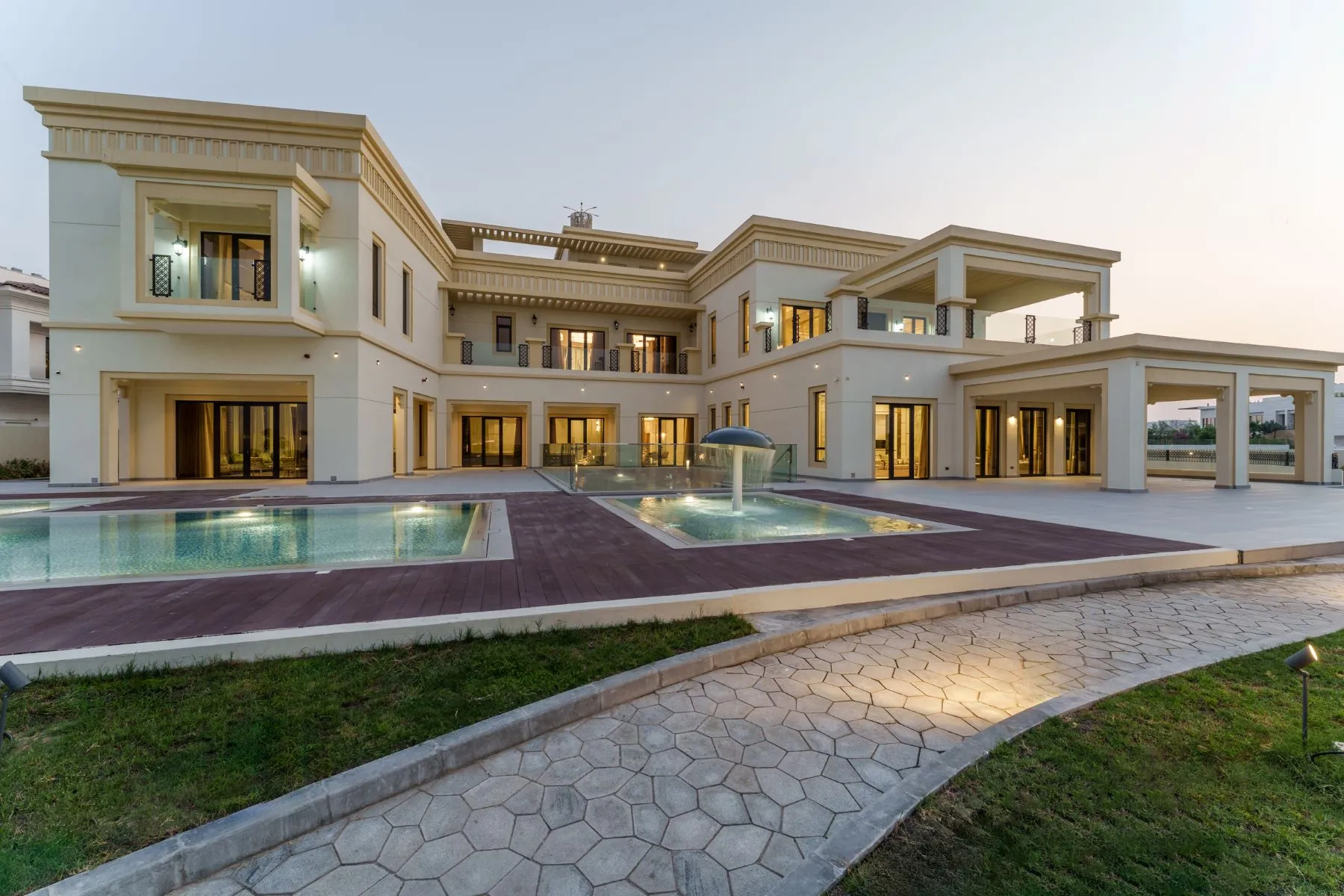
Real estate has long been considered one of the most reliable and lucrative investment options. It offers a tangible asset that can generate rental income and appreciate in value over time. However, not all real estate investments are created equal. Different property types come with their own sets of advantages and disadvantages.
In this blog, we will explore the pros and cons of various property types to help you make informed decisions when considering real estate investments.
Residential Properties
Residential properties are the most common type of real estate investment. These include single-family homes, condominiums, townhouses, and multi-family units. Here are the pros and cons of investing in residential properties:
Pros:
1. Steady Rental Income: Residential properties often provide a steady stream of rental income, as there is a consistent demand for housing.
2. Easier to Manage: Managing residential properties can be less complex than commercial or industrial properties. Tenants typically handle routine maintenance and repairs.
3. Potential for Appreciation: Residential properties located in desirable neighborhoods can appreciate in value over time, providing capital appreciation in addition to rental income.
4. Tax Benefits: Investors can benefit from tax deductions, such as mortgage interest and property tax deductions.
Cons:
1. Tenant Turnover: Residential properties can experience frequent tenant turnover, leading to potential income gaps and additional costs for finding new tenants.
2. Property Management: While residential properties may be easier to manage than other property types, it still requires time and effort to handle tenant issues and property maintenance.
3. Market Vulnerability: Residential properties can be sensitive to economic downturns, as renters may struggle to pay rent during tough times.
Commercial Properties
Commercial properties encompass a wide range of real estate, including office buildings, retail spaces, warehouses, and industrial properties. Here are the pros and cons of investing in commercial properties:
Pros:
1. Higher Rental Income: Commercial properties often yield higher rental income compared to residential properties, especially in prime locations.
2. Longer Leases: Commercial leases typically have longer terms, reducing the frequency of tenant turnover and providing stability.
3. Professional Tenants: Commercial tenants are often businesses or professionals who tend to take better care of the property.
4. Potential for Triple Net Leases: In some cases, commercial properties can have triple net leases where tenants cover property taxes, insurance, and maintenance costs, reducing the landlord's expenses.
Cons:
1. Initial Costs: The initial investment required for commercial properties is often higher than for residential properties.
2. Market Volatility: Commercial real estate can be more sensitive to economic downturns, as businesses may downsize or close during tough times.
3. Vacancy Risk: Finding new tenants for commercial properties can be challenging, and vacancies can result in extended income gaps.
4. Tenant Defaults: Some businesses may struggle financially and default on their lease agreements, causing financial losses for the landlord.
Industrial Properties
Industrial properties include warehouses, distribution centers, manufacturing facilities, and storage units. Here are the pros and cons of investing in industrial properties:
Pros:
1. Stable Demand: Industrial properties often have stable demand, driven by e-commerce, logistics, and the need for storage space.
2. Long Leases: Industrial leases tend to be long-term, providing steady rental income.
3. Minimal Tenant Interaction: Landlords of industrial properties typically have less direct interaction with tenants compared to residential or commercial properties.
4. Potential for Growth: The growth of e-commerce has increased the demand for industrial properties, potentially leading to higher appreciation.
Cons:
1. Specialized Knowledge: Investing in industrial properties may require specialized knowledge of logistics, transportation, and industry-specific factors.
2. Location Dependency: The location of industrial properties is crucial, as proximity to transportation hubs and major cities is essential for their success.
3. Capital Intensive: Developing or purchasing industrial properties can be capital-intensive due to the need for specialized infrastructure.
4. Environmental Regulations: Industrial properties may be subject to strict environmental regulations and potential cleanup costs.
Retail Properties
Retail properties include shopping malls, strip malls, and standalone retail storefronts. Here are the pros and cons of investing in retail properties:
Pros:
1. Prime Locations: Retail properties in prime locations can generate high rental income from established businesses.
2. Triple Net Leases: Some retail leases are triple net leases, with tenants covering property taxes, insurance, and maintenance costs.
3. Potential for Appreciation: Well-located retail properties can appreciate significantly over time.
4. Diversification: Retail properties can provide diversification in your real estate portfolio.
Cons:
1. Market Competition: Retail properties face competition from online retailers, which can affect the demand for physical retail space.
2. Tenant Dependence: The success of retail properties is often tied to the success of their tenants. If a major tenant goes out of business, it can impact the property's income.
3. High Maintenance: Retail properties may require significant maintenance and renovation to attract and retain tenants.
4. Economic Sensitivity: Retail properties can be sensitive to economic downturns, as consumer spending may decrease.
Specialized Properties
Specialized properties include hotels, healthcare facilities, and educational institutions. Here are the pros and cons of investing in specialized properties:
Pros:
1. Niche Markets: Specialized properties cater to niche markets, potentially offering unique investment opportunities.
2. Long-Term Leases: Some specialized properties, like hotels, may have long-term contracts with stable income.
3. Demand Stability: Certain specialized properties, such as healthcare facilities, can benefit from stable demand due to demographic trends.
Cons:
1. Industry-Specific Knowledge: Investing in specialized properties may require in-depth knowledge of the particular industry and its regulations.
2. Market Volatility: Some specialized properties may be more susceptible to market fluctuations or changes in regulations.
3. Limited Tenant Pool: The pool of potential tenants for specialized properties may be smaller, making it challenging to find suitable tenants.
Final Takeaway
All in all, investing in real estate offers a wide range of property types, each with its own set of pros and cons. The right choice depends on your financial goals, risk tolerance, and level of expertise. Diversifying your real estate portfolio across different property types can also help mitigate risks and maximize returns.
Before making any investment, it's crucial to conduct thorough research, assess market conditions, and consider seeking advice from real estate professionals or financial advisors. With careful planning and due diligence, real estate can be a rewarding and profitable addition to your investment portfolio.
Related Post

Investing in Real Estate Pros and Cons of Different Property Types
Real estate has long been considered one of the most... Read More



